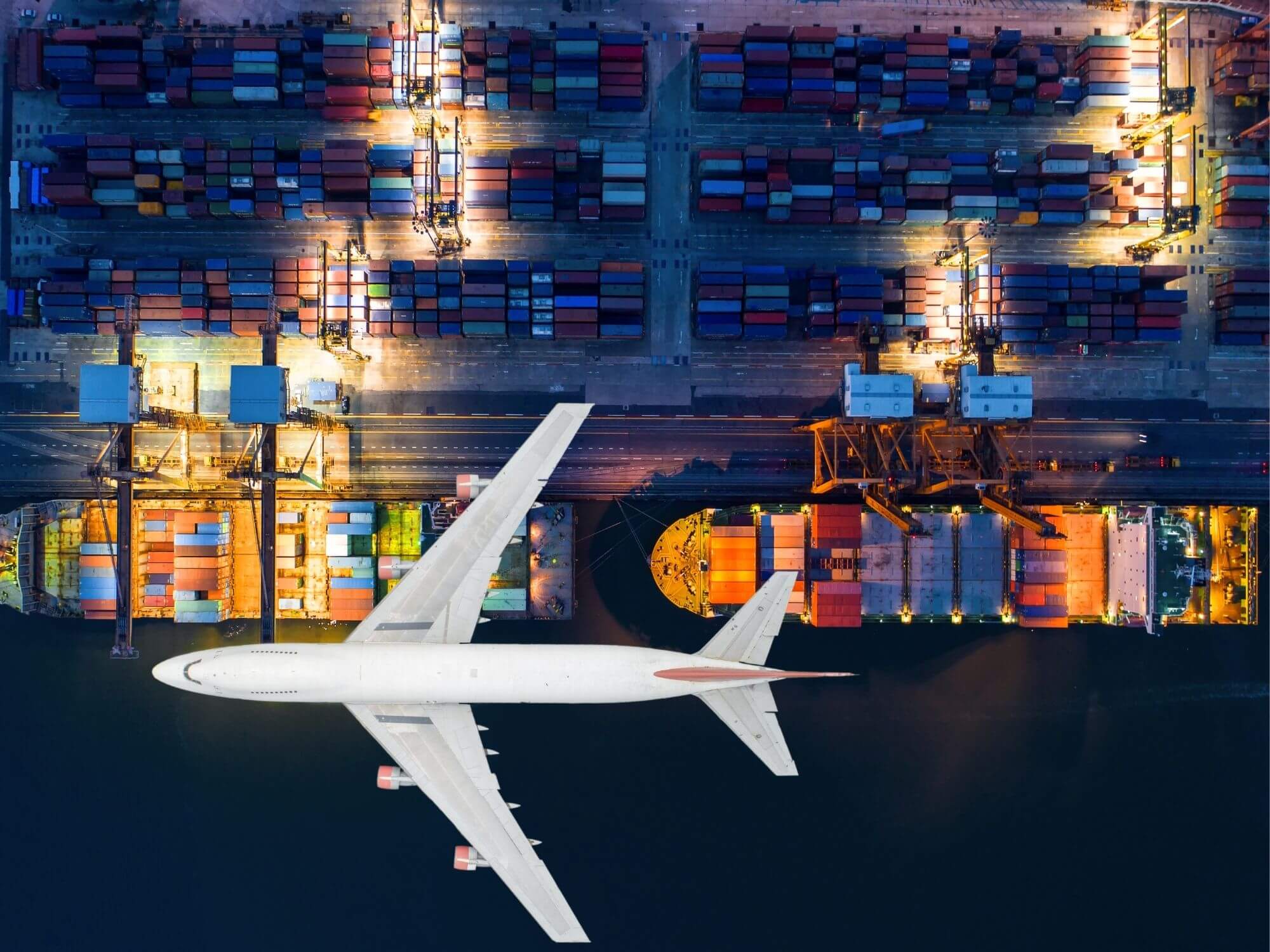
What are freeports? And will they really benefit the economy?
Many people will have heard Chancellor Rishi Sunak announce the creation of eight freeports in his Budget speech. The freeports – which are due to become operational later this year – will be at East Midlands Airport, Teesside, the Humber, the Solent, Plymouth, Liverpool City Region, Felixstowe and Harwich, and the Thames.
But what is a freeport? How will the rules governing them be different? And will they really benefit the UK economy?
Rishi Sunak mentioned freeports in his first Budget speech, so it was always likely that he would introduce them this year: he’ll be hoping they can play their part in revitalising the UK economy, regenerating areas in need of investment and, in the long run, contributing towards the bill for Covid-19.
What are freeports?
Freeports are usually located around ports or airports: the UK had seven between 1984 and 2012, including Southampton, Liverpool and the Port of Tilbury. Goods arriving in a freeport are not subject to the usual tariffs that are levied on imports: these only become payable if the goods leave the freeport and are moved elsewhere in the UK. If the goods are shipped back overseas, no tariffs are payable.
Each of the new freeports can be up to 45km (27 miles) across – so they’ll cover significant geographical areas.
How will the rules governing them be different?
As the Chancellor set out in his Budget, the new generation of freeports will have different rules – including tax breaks and relaxed planning requirements – to make it easier and cheaper to do business. Employers will also pay reduced national insurance for new staff they take on.
In addition, companies will pay less tax on existing buildings and receive tax concessions when they buy new buildings. Clearly the Chancellor wants to do as much as possible to encourage companies to invest in the freeports.
Will they really benefit the UK economy?
Supporters of freeports say they help increase manufacturing and encourage jobs and investment in areas that might otherwise struggle to attract them. When the idea of freeports was first mooted, construction group Mace suggested they could create 150,000 jobs and add £9bn a year to the UK economy. This would be a key part of the Government’s proposed ‘levelling up’ agenda, helping rebalance economic growth around the country.
Opponents of freeports are less enthusiastic. They argue that they don’t boost overall economic activity, but simply shift it from one area to another – with the taxpayer footing the bill through the tax subsidies and concessions the freeports enjoy.
The Government, though, is committed to freeports. There are around 80 freeports in the European Union and – with the UK in theory having more flexibility now it is no longer bound by European law – the UK freeports could expect to win a lot of business. That’s certainly what the Chancellor will be hoping.

